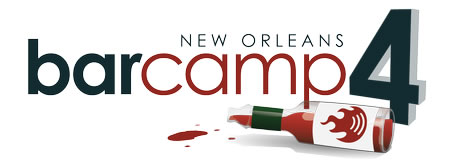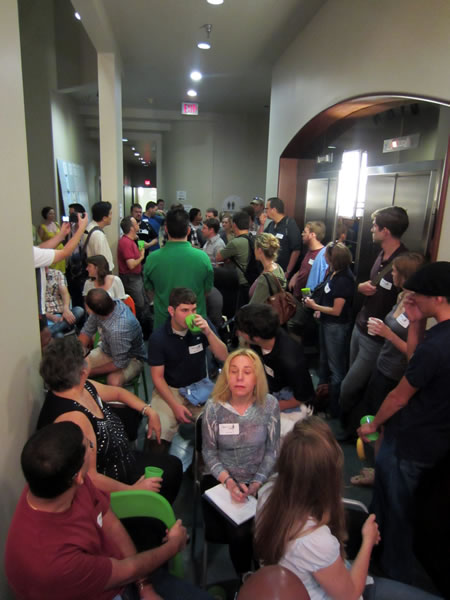
In a piece titled Reddit Co-Founder Charged with Data Theft, the New York Times reports that my friend Aaron Swartz, whom I met back during “Bubble 1.0”, has been indicted on charges that he stole over 4 million documents from MIT and the academic paper archive JSTOR.
The full text of the indictment states that his violations are:
- Wire fraud
- Unlawfully obtaining information from a protected computer
- Reckless damaging a protected computer
- Aiding and abetting
- Criminal forfeiture
Point of information: Aaron isn’t a cofounder of Reddit, but he did play a role in its earliest days. Reddit acquired his company, Infogami, about six months after Reddit’s launch.
While I’m not up to speed on what Aaron did or the events leading to the indictment, I advise everyone to hold back before making snap assumptions of Aaron’s guilt. We’ve all seen the ridiculous lengths that ambitious prosecutors will go to and distortions they will circulate when charging someone with violations that have some sort of technical component. For those of us from Toronto and especially the Hacklab, the case of Byron Sonne and absurdly exaggerated charges related to his G20 activity is still a fresh memory.
I do get the feeling that once I’ve gotten more info about the case, it’s going to be one of those times I say “Well, I see the good intentions, but have issues with the execution. Serious issues.” Once again, I’m getting Byron Sonne deja vu.
The server for Demand Progress’ website is getting swamped right now, so I’ve posted their statement about Aaron’s indictment below:
Demand Progress PAC’s Statement
Cambridge, MA – Moments ago, Aaron Swartz, former executive director and founder of Demand Progress, was indicted by the US government. As best as we can tell, he is being charged with allegedly downloading too many scholarly journal articles from the Web. The government contends that downloading said articles is actually felony computer hacking and should be punished with time in prison.
“This makes no sense,” said Demand Progress Executive Director David Segal; “it’s like trying to put someone in jail for allegedly checking too many books out of the library.”
“It’s even more strange because the alleged victim has settled any claims against Aaron, explained they’ve suffered no loss or damage, and asked the government not to prosecute,” Segal added.
James Jacobs, the Government Documents Librarian at Stanford University, also denounced the arrest: “Aaron’s prosecution undermines academic inquiry and democratic principles,” Jacobs said. “It’s incredible that the government would try to lock someone up for allegedly looking up articles at a library.”
Demand Progress is collecting statements of support for Aaron on its website.
“Aaron’s career has focused on serving the public interest by promoting ethics, open government, and democratic politics,” Segal said. “We hope to soon see him cleared of these bizarre charges.”
Demand Progress is a 500,000-member online activism group that advocates for civil liberties, civil rights, and other progressive causes.
About Aaron
Aaron Swartz is a former executive director and founder of Demand Progress, a nonprofit political action group with more than 500,000 members.
He is the author of numerous articles on a variety of topics, especially the corrupting influence of big money on institutions including nonprofits, the media, politics, and public opinion. In conjunction with Shireen Barday, he downloaded and analyzed 441,170 law review articles to determine the source of their funding; the results were published in the Stanford Law Review. From 2010-11, he researched these topics as a Fellow at the Harvard Ethics Center Lab on Institutional Corruption.
He has also assisted many other researchers in collecting and analyzing large data sets with theinfo.org. His landmark analysis of Wikipedia, Who Writes Wikipedia?, has been widely cited. He helped develop standards and tutorials for Linked Open Data while serving on the W3C’s RDF Core Working Group and helped popularize them as Metadata Advisor to the nonprofit Creative Commons and coauthor of the RSS 1.0 specification.
In 2008, he created the nonprofit site watchdog.net, making it easier for people to find and access government data. He also served on the board of Change Congress (now Fix Congress First!), a good government nonprofit.
In 2007, he led the development of the nonprofit Open Library, an ambitious project to collect information about every book ever published. He also cofounded the online news site Reddit, where he released as free software the web framework he developed, web.py.
Press inquiries can be directed to demandprogressinfo@gmail.com or 571- 336- 2637










